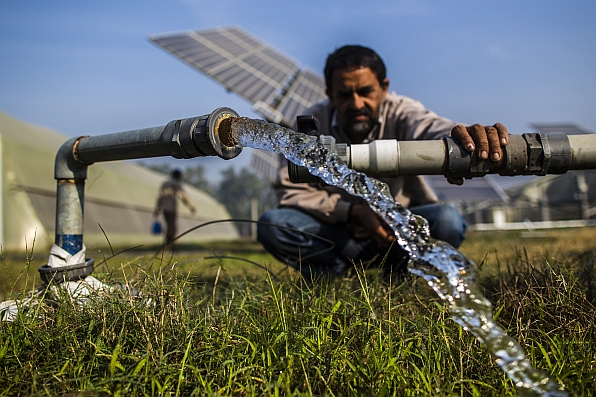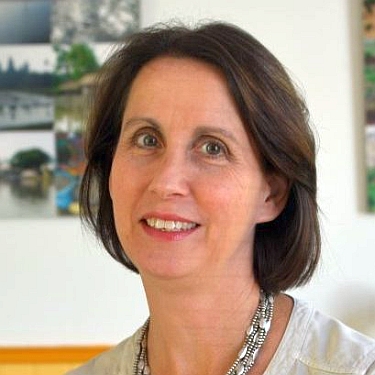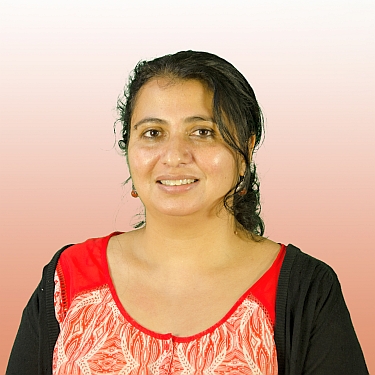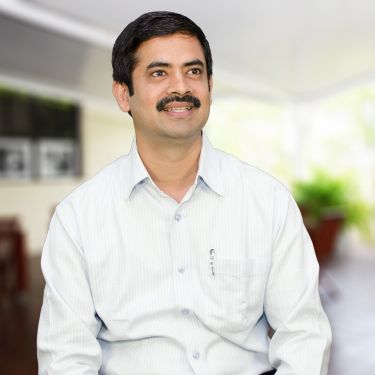Addressing climate change impacts through better agricultural water management
November 6-17, 2017 Bonn, Germany
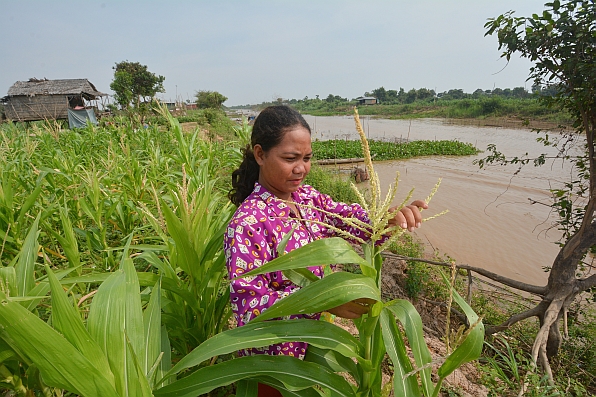
Water is the chief medium through which global climate change translates into impacts on societies, economies and the environment. Research conducted in Africa and Asia by the International Water Management Institute (IWMI) has demonstrated multiple ways to address climate change, helping develop sound policies and effective measures based on scientific knowledge. A key focus of this work is improved water management in agriculture, which is critical for coping with climate change impacts, including more frequent and severe extreme weather events, such as floods and droughts.
One of our tasks at COP 23 – the 23rd Convention to the Parties of the UN Framework Convention on Climate Change (UNFCCC) – is to seek a higher profile for agricultural water management, reflecting the priority this issue receives in most of the Intended Nationally Determined Contributions (INDCs), prepared in connection with the 2015 Paris Agreement on Climate Change.
To help build on these commitments, the CGIAR Research Program on Climate Change, Agriculture and Food Security (CCAFS) has organized in collaboration with various partners a side-event series titled Agriculture Advantage at COP 23. The central objective is to make a strong collective case for investment in agricultural transformation as part of tackling climate change challenges.
CCAFS has also published a working paper titled Ten best-bet innovations for adaptation in agriculture, which is intended to serve as a supplement to the UNFCCC technical guidelines for national adaptation plans. Two of the ten innovations – solar-powered irrigation and weather index-based agricultural insurance – pertain directly to IWMI’s work through both CCAFS and the IWMI-led CGIAR Research Program on Water, Land and Ecosystems (WLE).
In the events listed below, IWMI researchers will present and discuss these innovations and other research we conduct on migration, gender and governance, reflecting the multidisciplinary character of our research-for-development portfolio, which we pursue at different scales across Africa and Asia. Central aims of this agenda are to help developing countries build resilience and pathways to sustainable growth.
Wednesday, November 8, 13:15 – 14: 45
Official side event (Meeting room 9, Bonn Zone)
The Land and Water Advantage
Welcome and introduction
Giriraj Amarnath, Leader, Water Risks Research Group
Presentation – Innovations in water management for agriculture: New pathways, future challenges
Alan Nicol, Leader, Sustainable Growth Strategic Program
Thursday, November 9, 12:00 – 13:30
Parallel event at Center for Development Research (ZEF), University of Bonn
It’s getting hot in here: Biodiversity and ecosystems in climate change
Panelist and presentation – Ecosystem-based adaptation planning and implementation
Luna Bharati, Principal Researcher – Hydrology and Water Resources
Friday, November 10, 13:30 – 15:30
Parallel event at ZEF
Presentation – Migration, jobs and growth: What’s water got to do with it?
Alan Nicol, Leader, Sustainable Growth Strategic Program


